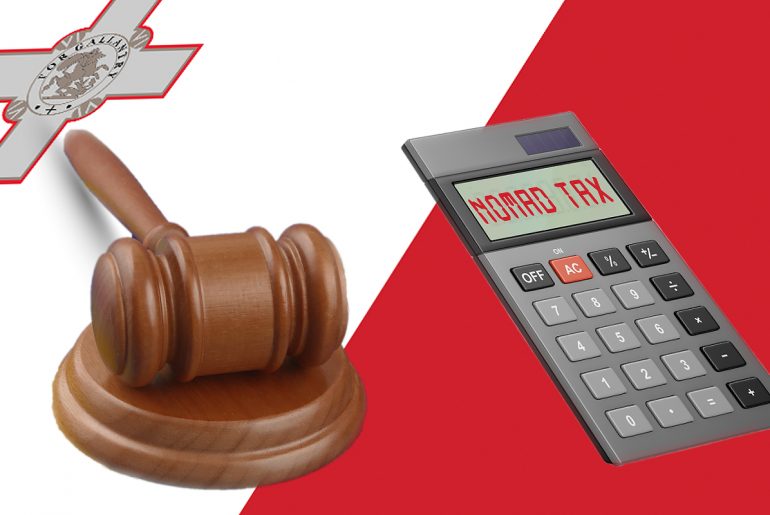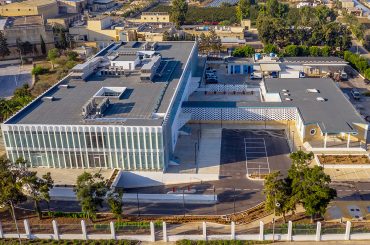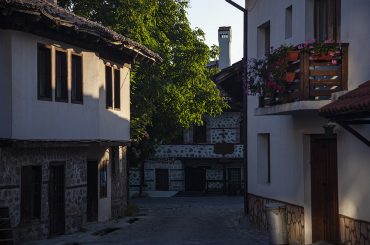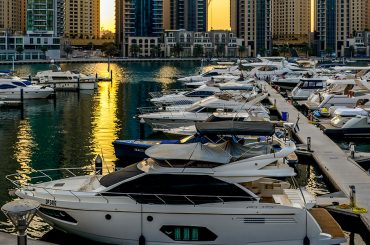The Maltese government has quietly changed the tax rules pertaining to the Nomad Residence Permit, a residency scheme launched in June of 2021 in a bid to tap into the market of increasing numbers of digital nomads worldwide.
Digital nomadism is an all-encompassing term for people who work remotely – other terms could be location independence or remote work. Eligible candidates for Malta’s nomad residency, which has to be renewed every year, include a minimum income of €2,700 monthly and the stipulation that the residence holders cannot do any work for Maltese or Malta-based entities. Nomads also have to get a private health insurance, and were required (until the change of rules) to pay tax in their home countries – hence exempt from tax in Malta.
The tax exemption has now been dropped.
The scheme attracted mostly high earners – with a yearly income averaging of €60,000 – with the largest national takers being British, Americans, and Indians. Earlier this year, this website published an investigation into how the digital nomad residence opened the door to tax avoidance by high earners.

The Inland Revenue Department has now admitted that exempting digital nomads from paying taxes in Malta goes against Malta’s tax rules, and that Residency Malta Agency, which administers the scheme, has now “removed the reference regarding the tax exemption, due to the exemption not being in accordance of the Income Tax Act.”
The department added that the Residency Malta Agency “is currently discussing another tax scheme to attract the Digital Nomads, which scheme should be in accordance with the tax legislation.”
The department’s answers were sent to Sam Spiridonov, an expat in Malta, in response to questions he sent the department.
The department specified that nomad residence holders would be considered tax residents if they spend at least 183 days residing (or physically present) in Malta in a given yearly cycle, and liable to pay tax on earnings for remote work conducted while resident in Malta.
The department wrote to Spiridonov: “The salary the Nomad Resident will earn for the work carried out remotely from Malta is considered to be income arising in Malta. Therefore, such income will be wholly taxable in Malta.”
Yet the department also said in its answer that the nomad residence “will not be considered to be ordinary resident” in Malta.
The department’s answer appears be inconsistent with tax rules in Malta, including explanatory documents officially published by the inland revenue department itself.
In such documents, the department specifies that people who are “either not domiciled or not ordinarily resident in Malta” would fall under the “remittance basis” of taxation – see expandable box at bottom of article for explanation of this.
All of this has created confusion and hand-wringing among some nomad residence holders in Malta.

Vicky Spiteri, Senior Manager at Residency Malta Agency, which runs the programme, told Global Nomad Guide (a news and information website targeted to digital nomads) that “Residency Malta is currently working closely with the Office of the Commissioner for Revenue with a view of strengthening the programme even further and without impacting existing beneficiaries.”
This suggests that the resident holders who got the nomad residence permit under the tax exemption rules or guidelines, which were published by the agency, may fall under such exemption until their residence permit comes up for renewal – and then fall under the new rules upon renewal.
Moreover, Malta has avoidance of double taxation agreements – or tax treaties – with all the three countries (US, UK, India) whose nationals make up the bulk of digital nomad residence holders in Malta. This means these nationals would be able to use such agreements to avoid paying taxes in the two respective countries doubly if they pay tax in one of those countries.
Sustain Analyses & Insight
Robustly researched and professionally delivered analyses and insight features on this website take much time, effort, and resources to produce. This website's donation setup itself is uniquely transparent, with targeted amounts – of just €50 every month for analyses – that allow tracking of donations in real time on the page. Donations have been pittance: please contribute as little as €5 to sustain this website.





